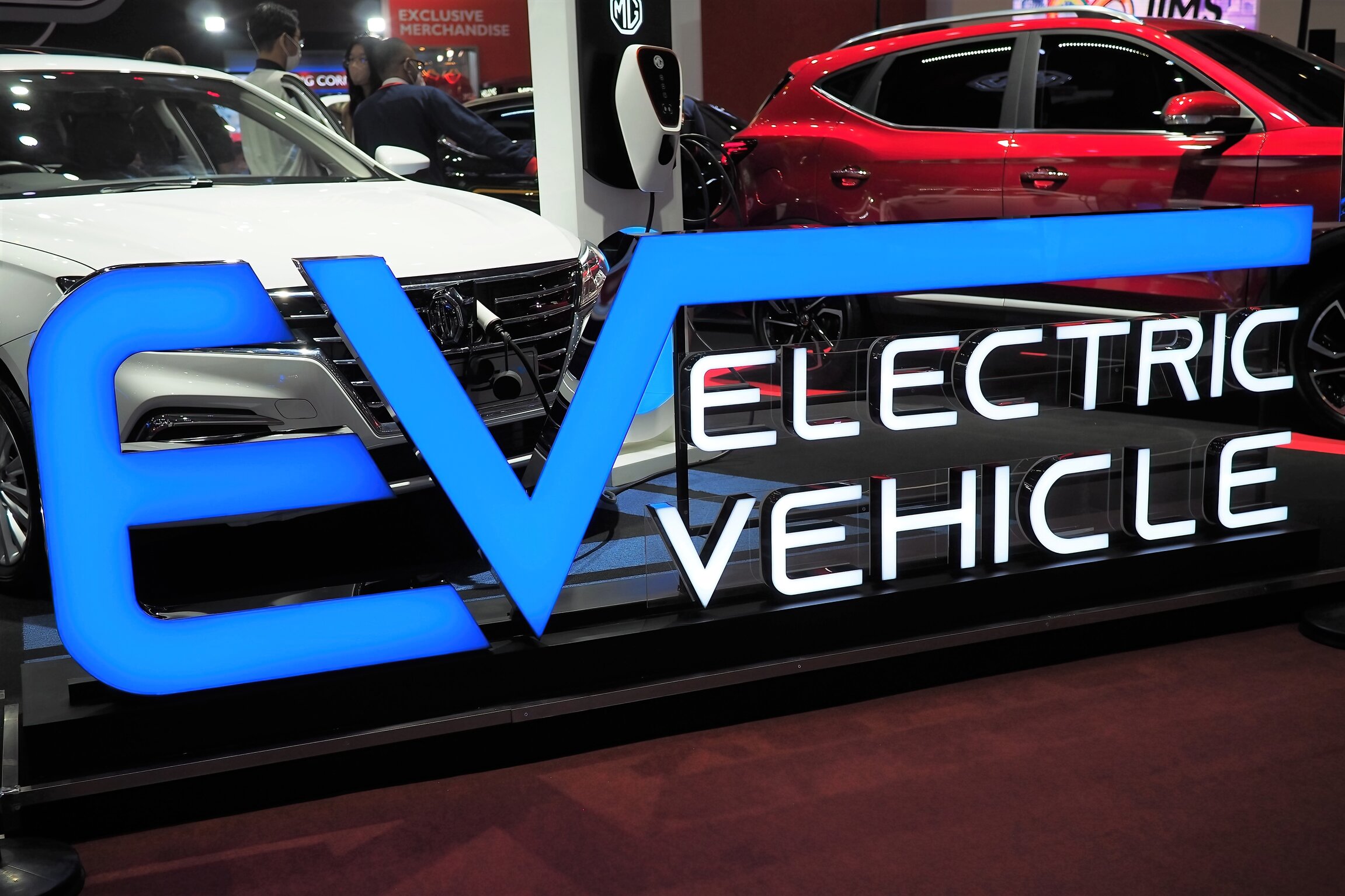
Electric cars have become one of the main focuses in developing the automotive industry in Indonesia. This aligns with the growing awareness of the importance of reducing carbon emissions and using more environmentally friendly energy.
Global trends show that electric vehicles can be a long-term solution to mitigate the impact of climate change. Following this positive shift, Indonesia is keeping up with the adoption of this technology.
The Indonesian government and the private sector are committed to building a more solid electric vehicle ecosystem. This includes incentive policies and supporting infrastructure development, hoping to realize its great potential by 2025.
How is the Electric Vehicle Ecosystem?
The electric vehicle ecosystem in Indonesia is snowballing, driven by the synergy between government policies, technological innovation, and private sector involvement.
The Indonesian government has implemented policies that support the adoption of electric vehicles, one of which is Presidential Regulation Number 55 of 2019, which provides fiscal and non-fiscal incentives, including tax reduction and easing of licensing procedures.
In addition, to support the use of electric vehicles, the development of charging infrastructure has been intensified and expanded. Data shows that by 2023, more than 150 charging stations have been built, with the target set to reach 1000 stations by 2025.
The automotive industry is also showing its commitment by shifting focus to the production of electric vehicles. Local automotive companies such as PT Astra International and Mitsubishi Motors Krama Yudha Sales Indonesia have started collaborating with technology companies to improve the quality and efficiency of production.
Consumer awareness about the importance of environmentally friendly vehicles is also increasing. Surveys show that 60% of Indonesian consumers are open to switching to electric cars within the next five years.
What are the Development Challenges in Indonesia?
Although it has considerable potential, developing electric cars in Indonesia faces several significant challenges. One of the main issues is the limited charging infrastructure, particularly outside major cities.
Only about 30% of cities in Indonesia have access to charging stations. This naturally hampers consumer confidence in electric vehicles, especially for long-distance travel.
Additionally, the high production costs, particularly for critical components such as batteries, make the retail price of electric cars higher compared to conventional vehicles. This makes electric cars less affordable for most consumers.
In addition to infrastructure and cost issues, consumer awareness poses a challenge. Many consumers still hesitate to switch to electric vehicles due to concerns about performance, charging availability, and high costs.
Regulations still need to be optimal across all regions of Indonesia, with incentives varying from one area to another. These challenges clearly require serious attention from the government, industry, and society to find practical solutions.
What is the Potential of Electric Cars in Indonesia in 2025?
Indonesia's potential for electric cars by 2025 is significant. Moreover, Indonesia has the opportunity to become a major market, especially for electric cars in Southeast Asia. The government aims to produce 600.000 electric vehicles annually by 2030, with the majority of production expected in 2025.
Additionally, increasing consumer awareness is predicted to drive the adoption of electric cars. The government estimates that up to 70% of Indonesian consumers will consider purchasing electric cars in the coming years due to the various benefits they offer.
The private sector and foreign investors also play crucial roles in accelerating this transition, with global companies like Tesla and Hyundai planning to increase their investments in Indonesia.
Moreover, advancements in battery technology and the expansion of charging infrastructure are expected to significantly accelerate the adoption of electric vehicles throughout Indonesia.

